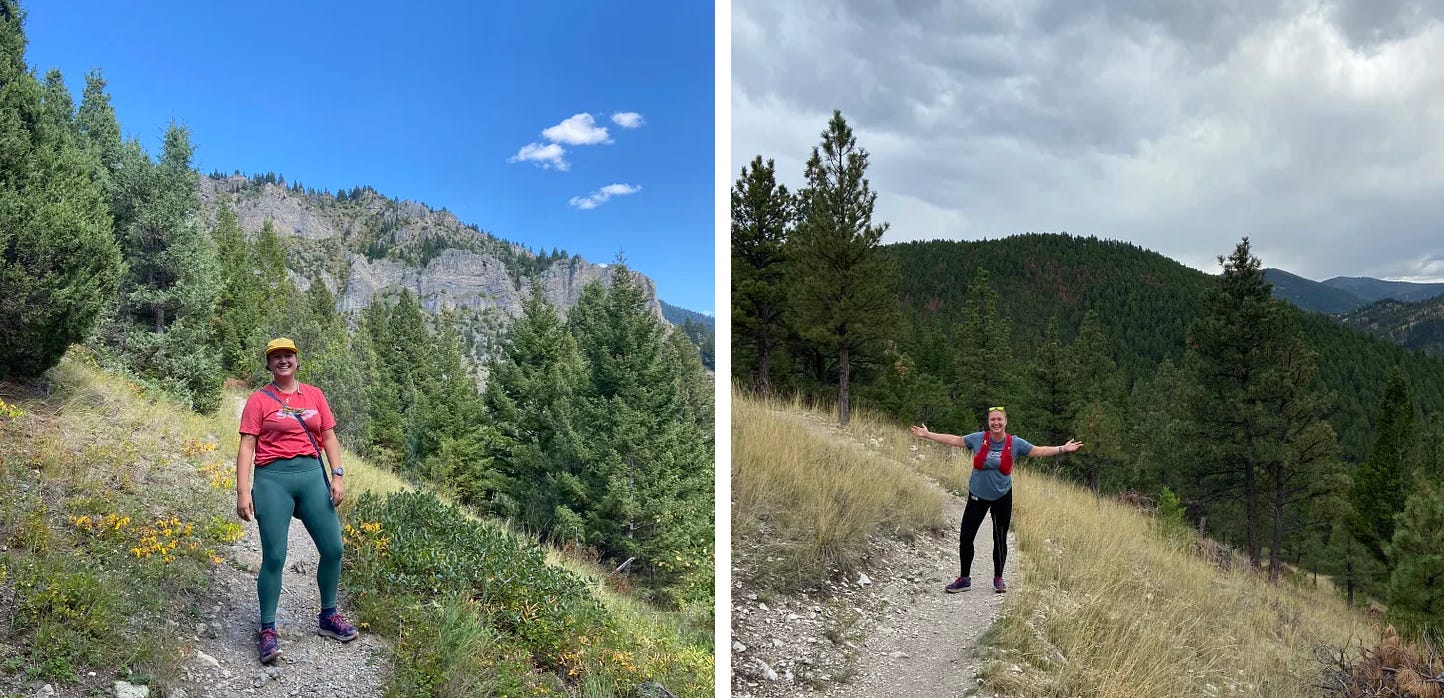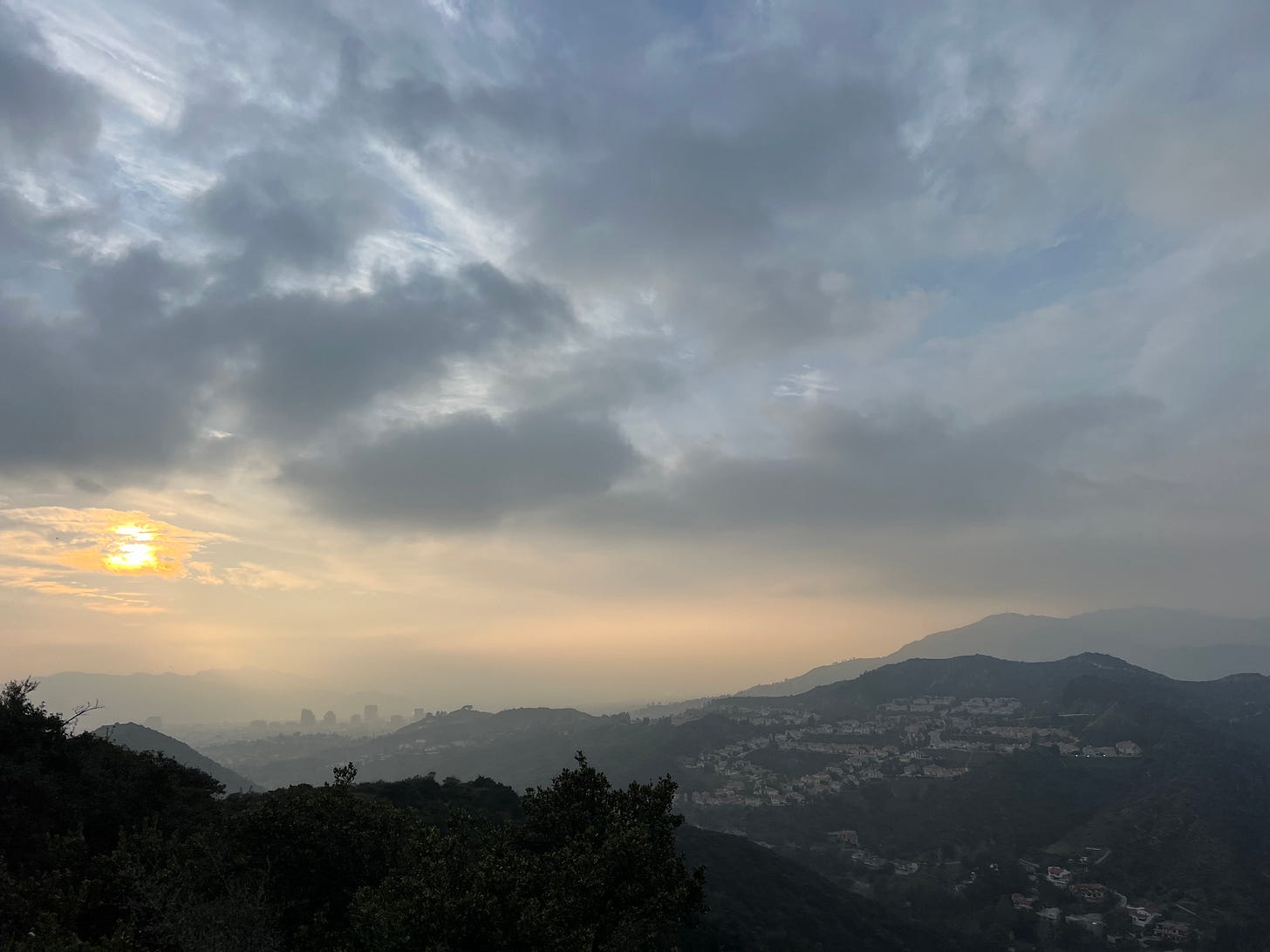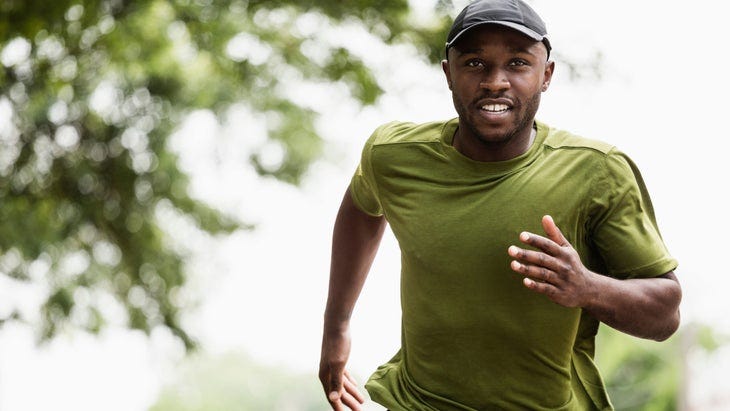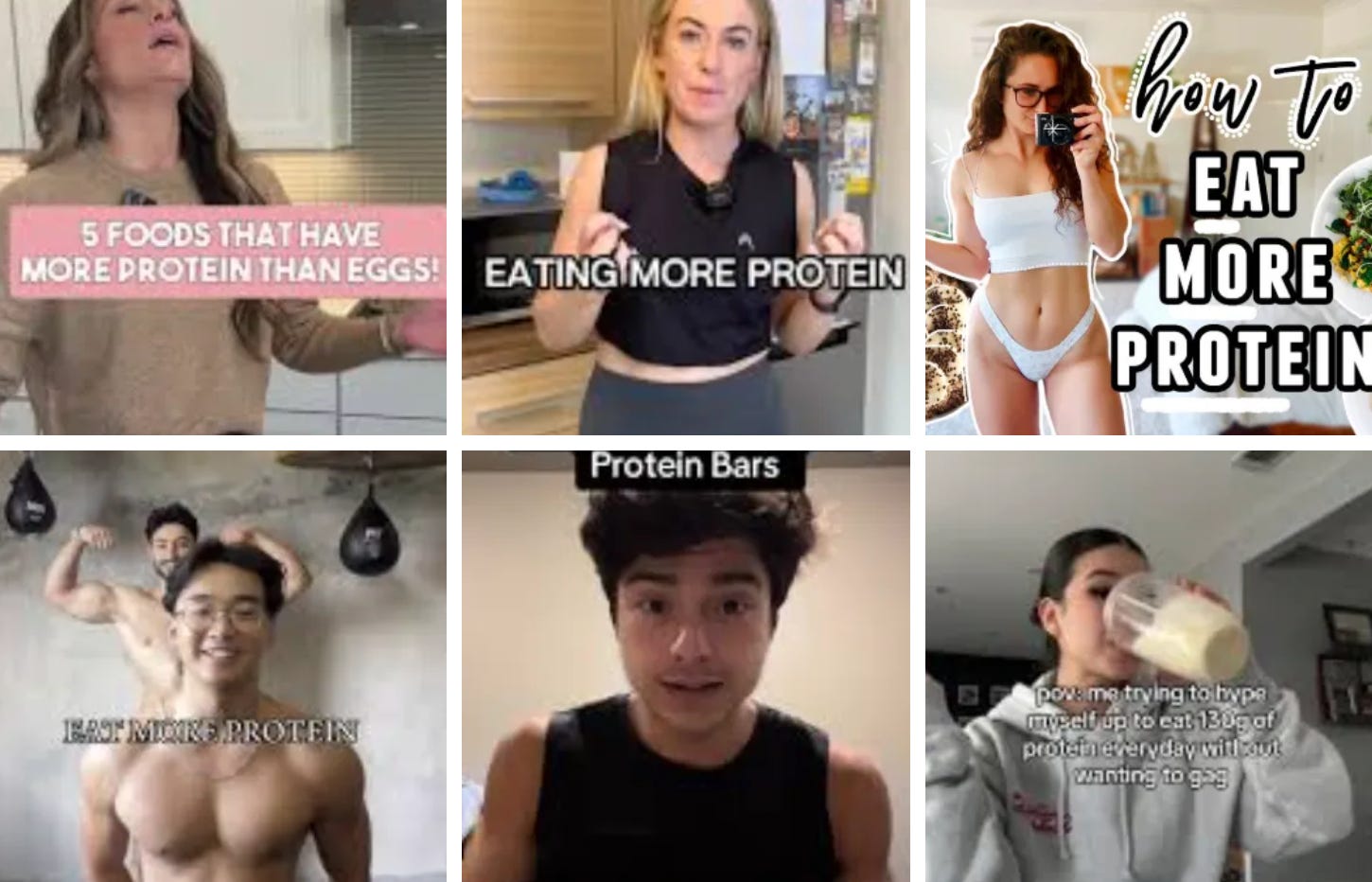Heya and welcome back to Five Things Running!
Ok, here we go again. I’m still not being able to run, but I am really good at having a cold that doesn’t want to go away.
This weekend my Insta was full of images from Zugspitz Ultra Trail, the biggest trail race in Germany. But this will be nothing compared to the coverage we will be seeing from Western States at the end of this month. Will you be watching the livestream?
Here’s this week’s Five Things Running!
Training for Western States: Lessons from the Pros
It’s easy to believe elite ultrarunners are doing something that’s top secret. But after speaking with Rod Farvard, Shea Aquilano, Jeff Mogavero and their respective coaches, one thing is clear: they follow the same training principles as everyone else. What’s different is the scale and the precision at which they execute.
They train more because they can. Having stronger systems, they recover faster and therefore, handle higher loads and operate closer to their physical ceiling. For the rest of us, the biggest gains still come from the basics yet to be mastered: consistency, volume, sleep, nutrition, hydration and smart intensity.
These training blocks are really impressive, methinks.
Running During Cancer Treatment: A Conversation with Meg Smith
I had signed up before my cancer diagnosis. During chemo, I had felt fine-adjacent. I kept doing my mile and I was on a two-week transfusion rotation. Right after it, for the first week, I wouldn’t feel great, but then there’d be a week where I could run a little more, like up to six miles. I was really only running up to about six miles at a time during the two months before the marathon. Then I switched chemo drugs and felt a lot better, so I thought I could do [the Missoula Marathon]. I hadn’t deferred my registration, so one day I just ran fifteen miles.
It was slower than shit and a lot of walking. They were 14-minute miles, but to do the Missoula Marathon, you have to run a 15-minute mile.
This is so impressive.
Oh noooooooooooo!
For a runner like me, the advantages can outweigh the disadvantages for a very long time, possibly forever. For example, when I go to my parents’ house, I still run the same routes I did when I was a teenager. They’re still hard in the same places, and they still give back in the same places. My mind is still calm there, but I can also still work hard.
This is contrary to much received wisdom about where to run. It seems to almost be a fetish to try to run in new places and on new routes; entire careers seem to be made by touring new trails and race routes. The overall message is that running new routes is good for training both the body and the mind, because your body isn’t used to them and you’re forced to mentally pay attention to them.
I usually use Strava to figure out new routes and then use my instinct to run it with occasionally checking if I’m still not totally lost.
How Many Miles Should You Run to Maintain Running Fitness?
To maintain your cardiovascular and neuromuscular fitness, you need to run at least three days out of every 7-10 days. Any less and your fitness declines, and you stop feeling like a runner. This strategy works great for runners who need a break from serious training and provides a lot of flexibility so running easily fits into your life.
Additionally, you should not go more than three days without a run. That’s the 3 & 3 rule: 3 runs every 7-10 days with no more than 3 days between runs. If you follow this rule, you’ll hold onto your base fitness until you ramp up training again.
I’m currently running zero. Which really annoys me.
Why Are We All Eating So Much Protein?
Most of the chatter about protein focuses on physiology: how much or what kinds we should eat. It’s focused on amount and sources. But this misses a deeper question: why have we become so fixated on protein? And why now?
Our current protein craze reflects cultural and material anxieties from specific economic, historic, and media circumstances. Human nutritional needs have not changed. Something else has.
I do think the protein craze is taking it too far right now. I’ve been eating cottage cheese for a long time and now all of a sudden it’s the protein superfood… Anyhow, I do focus on proteins, because if I only think about carbs I gain weight.
Thanks to COROS for supporting this publication!
If you missed last week’s edition, you can read it here:
Now, go running!
— Nico
🏃🏻♂️








Amazing! Thanks for the share, Nico. And look forward to reading the piece on Western!